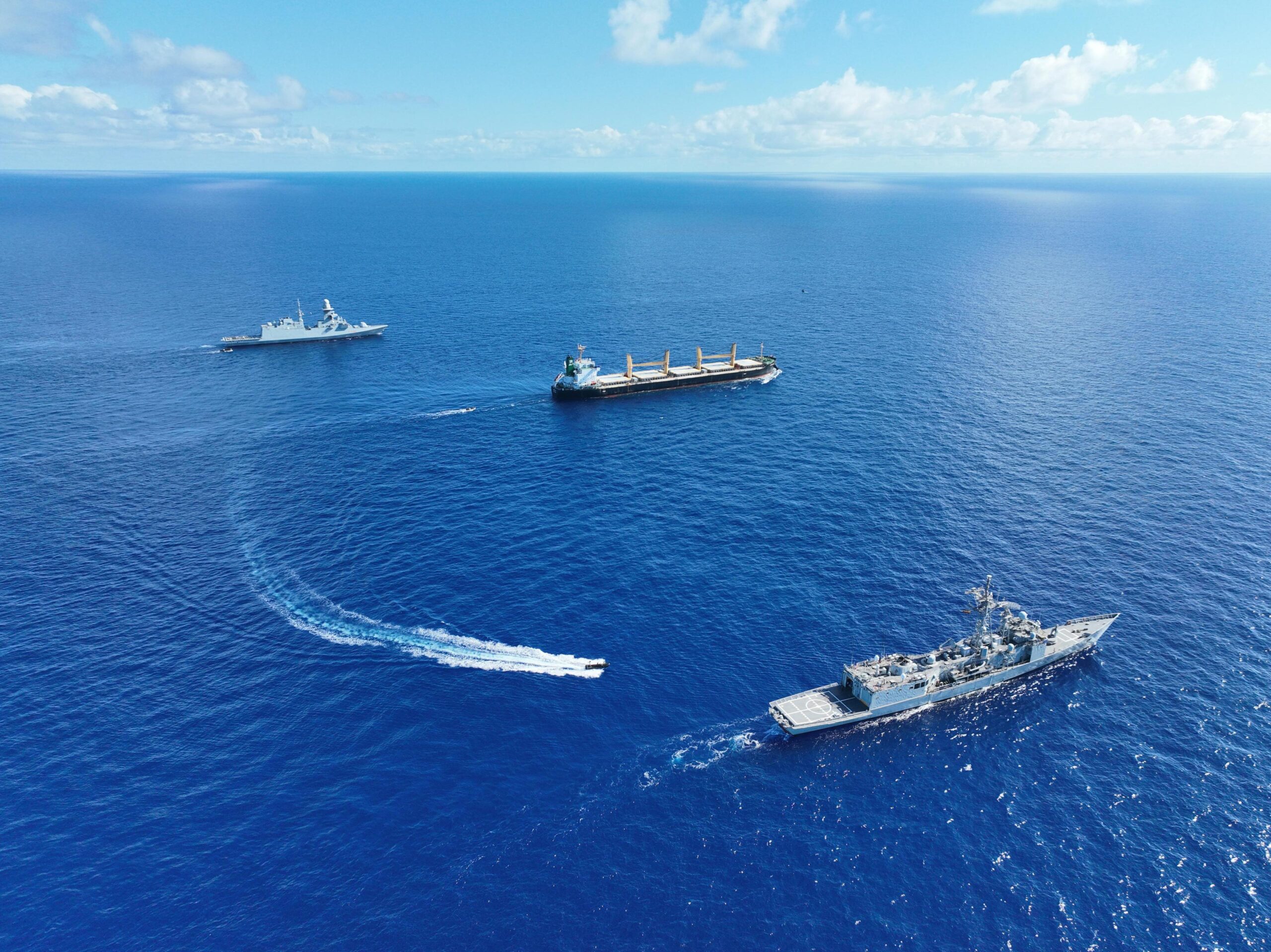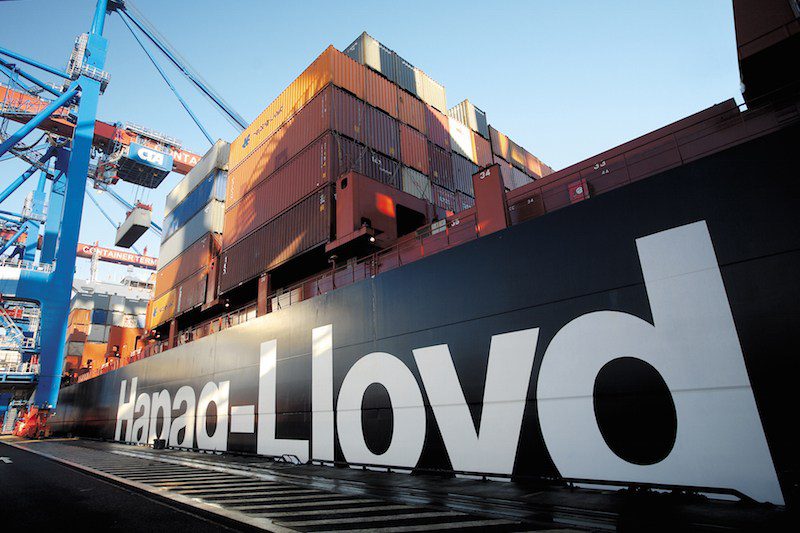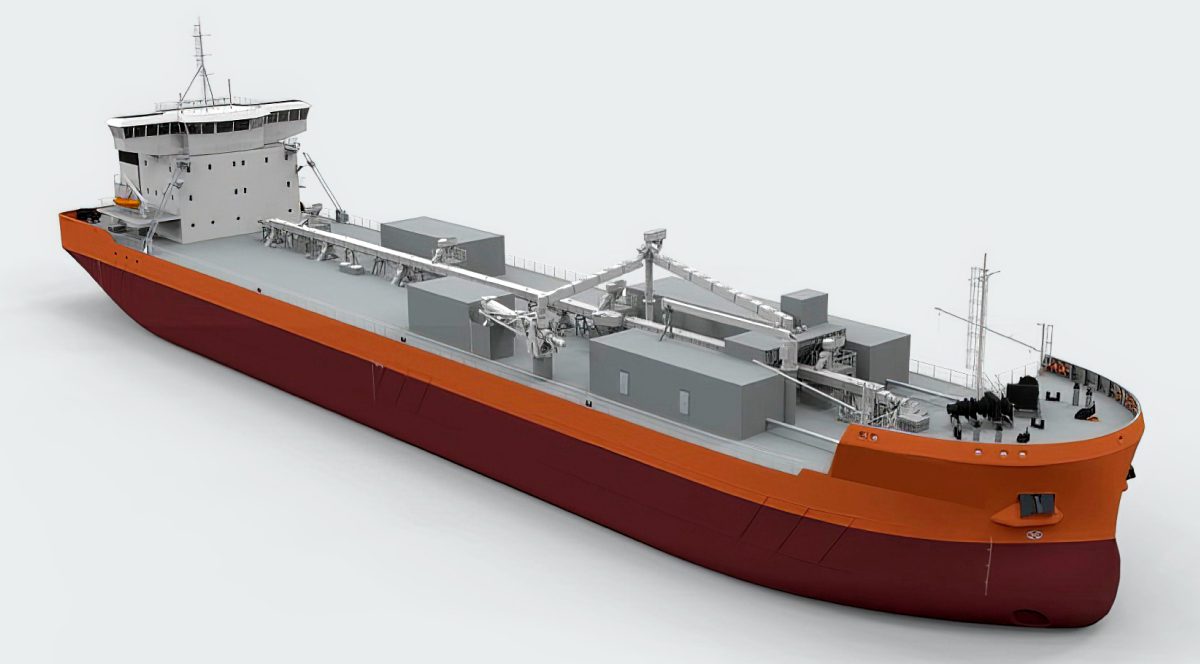The European Union’s counter-piracy naval operation off the Somali coast, known as Operation Atalanta, has reiterated its warning that ransom payments could potentially exacerbate the piracy issue off the Horn of Africa and the Indian Ocean.
The warning comes on the heels of the release of the Bangladesh-flagged MV Abdullah, which was hijacked on March 12 and freed April 14 reportedly after a ransom payment of $5 million was made to pirates.
Since November 2023, the Somali basin has witnessed multiple piracy and hijacking incidents, prompting fears of a return of Somali-based piracy. As many as 18 dhows have been hijacked, with some already released while six to seven remain captive. Operation Atalanta has also identified potential pirate camps along the Somali coast, with a significant concentration north of Eyl.
Three merchant vessels have been attacked, among them two confirmed hijackings includiing the Abdullah. Another vessel, the MV Ruen, was hijacked in mid-December and freed last month following an operation by the Indian Navy. Suspicious approaches to several other vessels have also been reported.
Operation Atalanta estimates that at least one or more pirate action groups (PAGs) could be active off the Somali coast, particularly around Socotra Island.
Typical piracy tactics involve the seizure of a dhow that is then used as a mother ship from which skiffs are deployed to attack vessels navigating up to 600 nautical miles east of the Somali coast. Attacks in the Gulf of Aden (GOA) are also possible. Once a ship is seized, it is likely taken to the Somali coast where it is held during ransom negotiations.
Operation Atalanta warns that the recent ransom payment could trigger a new wave of dhow hijackings, leading to future skiff attacks on merchant vessels.
“Although there have been no piracy-related incidents in the past seven days, the payment of ransom could create a new wave of Dhow hijackings which in their turn they will create future skiff attacks on M/V etc.,” Operation Atalanta said in an April 15 update. “Considering the occurrence of previous significant attacks on merchant vessels within 12 days after reports of dhow hijackings, and the reports of multiple skiffs, each carrying armed individuals with the intent to capture dhows. ATALANTA continues to assess the threat as Moderate (where an attack is a Realistic Possibility) off the Somali coasts.”
Operation Atalanta urges ships to maintain heightened vigilance while operating off Somali coasts due to increased piracy threats, as well as adherence to Best Management Practices Version 5 (BMP5).
Unlock Exclusive Insights Today!
Join the gCaptain Club for curated content, insider opinions, and vibrant community discussions.

 Join The Club
Join The Club













